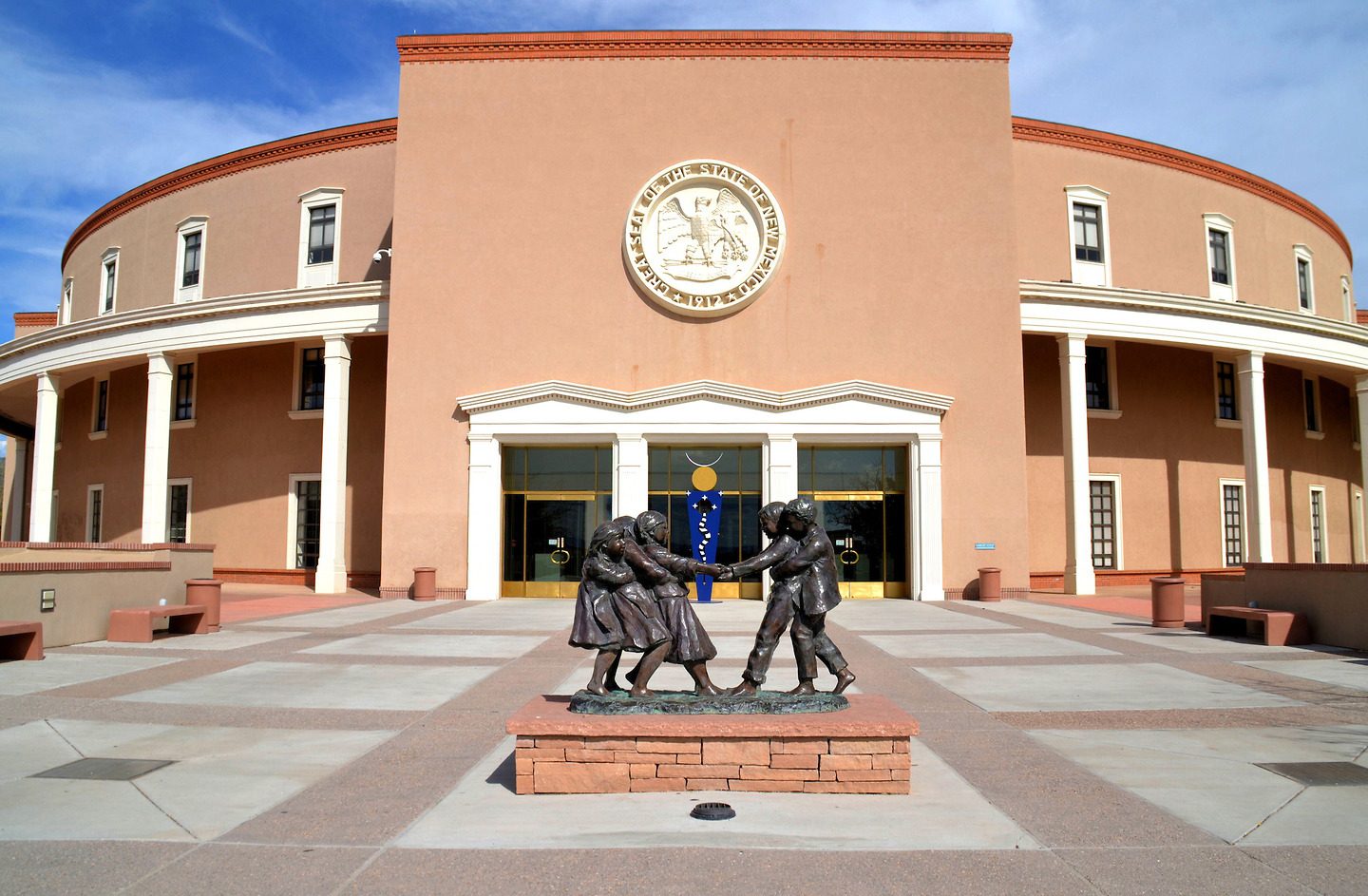Iowa governor requests DHS staff salary increases, ‘status quo’ on Medicaid funding

For the first time in at least 15 years, an Iowa governor has not recommended funding changes for Medicaid.
The announcement was made by Legislative Service Agency Analyst Jess Benson as he presented Gov. Kim Reynolds’ fiscal year 2023 Department of Health and Human Services budget recommendations Tuesday.
Benson said the Department of Management and the Department of Human Services is estimating Medicaid will have a surplus of $257 million for fiscal year 2022 and with carry forward, they estimate the fiscal year 2023 could recognize a surplus of $168 million, if the 6.2% Emergency Support Functions rate expires in March.
Benson said he expects the rate will last through at least June.
“If that is extended, these surpluses will likely be increased by $40-plus million or more per each quarter that it’s extended,” he said.
The state has added about 6,000 people per month to Medicaid, and that number continues to grow. Once the public health emergency ends, the Department of Human Services plans to reevaluate individuals’ eligibility for the program, and at that time, individuals who are not eligible for the program will be dropped over a six-month time period, he said. Until then, the state is not disenrolling anyone. Benson said they estimate between 15% and 30% of increased enrollment will drop off after the public health emergency ends, although it’s hard to determine.
Iowa has received $9.3 billion in federal funding, including $7.2 billion that was sent directly to state agencies and $1.25 billion in Coronavirus Relief Fund money, he said.
Reynolds wants a $500,00 increase for the Department of Aging’s Office of Public Guardian to add one full-time employee to clear a waitlist of 81 individuals, which would enable the department to serve 150 individuals.
She also wants to add $247,000 in funding for the Poison Control Center. The Center said the funding requests are primarily for salaries, benefits, retention bonuses and recruitment efforts, Fiscal Legislative Analyst 1 Chris Ubben said. Thirty percent of the Center’s staff is within retirement age, and they are struggling to replace those staff with new nurses and medical professionals, prompting the desire to increase personnel spending, he said.
About $100,000 in staff salary increases “across the board” are also in order for the Department of Veteran Affairs Reynolds says, Ubben said. That includes $57,000 to hire a groundskeeper. The department is seeking $1.37 million to hire 50 new employees in fiscal year 2023 for field operations.
Support costs are increasing at facilities, primarily in response to inflation, the LSA staff said.
The LSA has asked the department to provide details on plans for spending a proposed increase of $300,000 for the child protection center grant increase and the staffing plan for a $2 million transitional ward that would be in a different building on campus at the Civil Commitment Unit for Sexual Offenders. Currently, there is a $100,000 request for one full-time employee.
Health and Human Services Appropriations Subcommittee Chair Joel Fry, R-Osceola, said more than about $1.8 billion of the over $2 billion budget came from COVID-19 related federal funding. About $971 million remains in state accounts for its budget.
“I am well aware that that money is earmarked in specific areas, but the HHS budget has had an incredible amount of money infused into it over the last year from federal dollars,” he said. “I am intending to continue to watch those fund balances and to make good and sure those monies are not getting used for continued expense and getting built into this budget.”
Doubling the budget would exceed $4 billion for HHS, which the state could not afford, Fry said.
He said anticipates millions of dollars will likely have to be added for the Glenwood Resource Center and the U.S. Department of Justice’s reports later in the session.
The forecasting group will meet again in March to review updated estimates, Benson said. To review how Iowa has spent federal funding it has received for responding to and recovering from the COVID-19 pandemic, go to pandemic-recovery.iowa.gov/#!/dashboard.
This article was originally posted on Iowa governor requests DHS staff salary increases, ‘status quo’ on Medicaid funding



